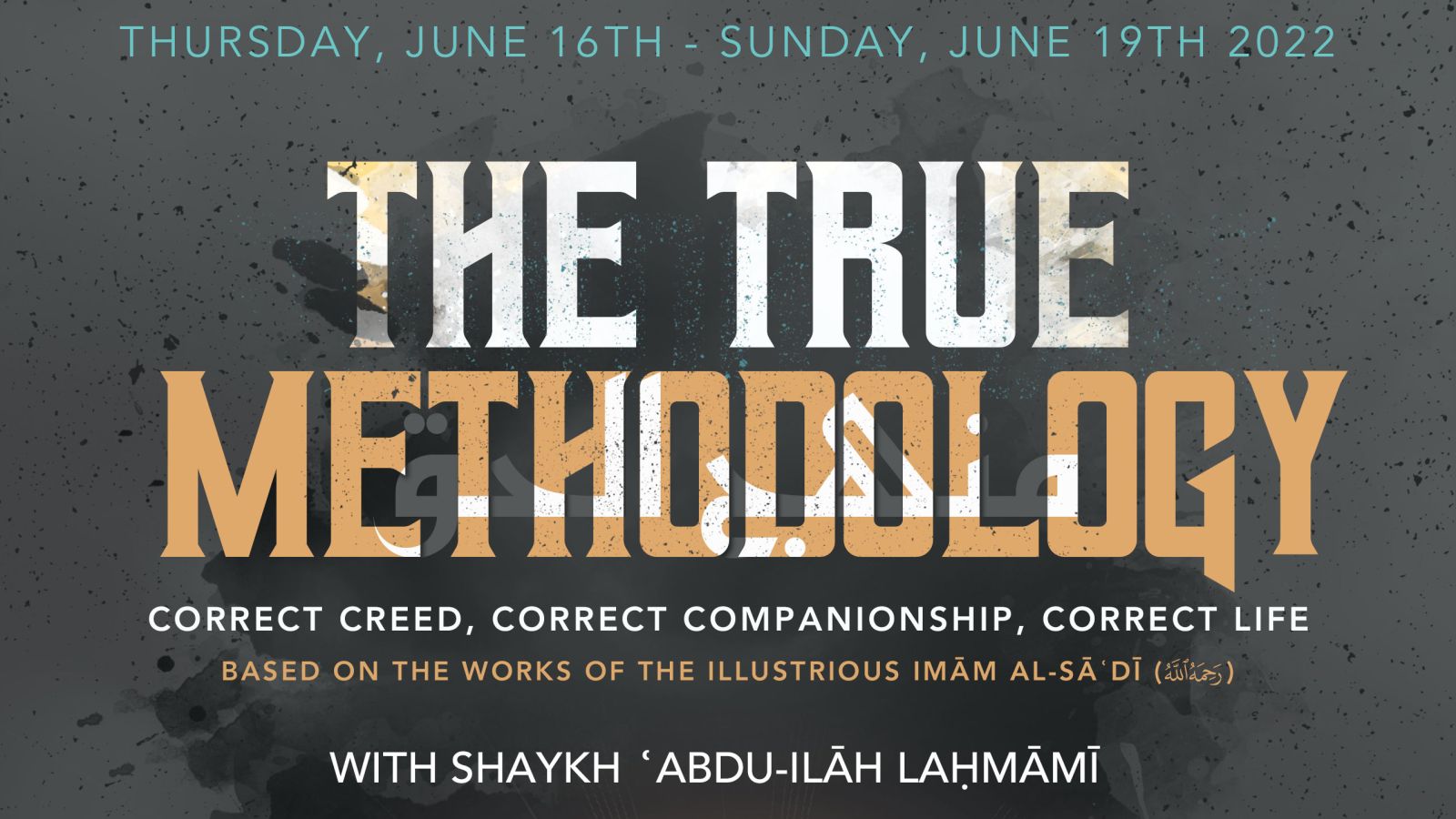Resolving Doubts Regarding the State of Purification
Imām Muḥammad ibn Ṣāliḥ al-ʿUthaymīn


Whoever is assured regarding his state of purity, doubtful of its invalidation or vice versa should base his actions upon that which he possesses certainty regarding.
If someone is certain that he has purified himself but doubtful of invalidating that purity, his course of action should be based on the state he holds certainty regarding. This is a general principle that applies to anything that would obligate ghusl or wuḍūʾ.
For example, a man performs wuḍūʾ for Ṣalāt al-Maghrib. When the adhān for ʿIshāʾ is called, he stands to pray but doubts whether his wuḍūʾ has been invalidated or not. Here, his original state, of which he has certainty, is that he has not invalidated his wuḍūʾ. Thus, he should base his course of action on that which he is assured regarding—that he has made wuḍūʾ and is in a state of purity.
Another example would be if a man awakens from sleep and finds wetness on his clothing but does not recall having a nocturnal emission. Thus, he doubts whether the wetness is from ejaculation or not. Here, he should not perform ghusl simply due to this doubt.
Similarly, if he was to see the remnants of ejaculate on his clothes and doubt whether it is from a past night or from the most recent, he should assume it is from the most recent night because that would be considered certain in his case.[1] As for what has transpired in the past nights, this would be considered doubtful.
The evidence of this general rule are the hadiths of Abū Hurayrah and ʿAbdullāh ibn Zayd (رضي الله عنهما) concerning a man experiencing gastric discomfort during ṣalāh such that he must face the problematic query: Has flatulence occurred or not? He (صلى الله عليه وسلم) said: “Let him not abandon [the ṣalāh] until he either hears its sound or smells its stench.”[2] In the narration of Abū Hurayrah (رضي الله عنه): “Let him not leave” i.e., the masjid “until he hears its sound or smells its stench.” This guidance is given even in the presence of that which often accompanies invalidation of the pure state which is the symptoms of gastric bloating and overt peristaltic motion.
In the case of one being certain of invalidating his state of purity and being doubtful of having performed wuḍūʾ again. Here, his state of impurity is considered his original state. Similarly, we can use the hadiths of Abū Hurayrah and ʿAbdullāh ibn Zayd (رضي الله عنهما) as evidence to support this rule by means of opposing qiyās [i.e. using the principle of what is apparent and not what is doubtful to support the impure state, rather than the pure one as in the ḥadīth].
The use of opposing qiyās is a confirmed principle in the sharīʿah. He (صلى الله عليه وسلم) said: “In the vulva [i.e. sexual intercourse] with your spouses there is a charity.” They [the companions] said: O Messenger of Allāh! Can one of us satisfy his sexual desire and be deserving of a reward for that derived satisfaction? He (صلى الله عليه وسلم) replied: “Do you recognise that had he utilised for this purpose that which is ḥarām, he would be sinful?” They replied: “Yes.” He (صلى الله عليه وسلم) said: “Similarly if he was to utilise for this need that which ḥalāl he is deserving of a reward.”[3]
This is similar to the case of someone who is certain of being in a state of major impurity but is doubtful regarding whether he has performed ghusl or not. He should perform ghusl without hesitation.
This rule—that is, basing action on that which is certain and turning away from doubt—is of extreme importance. It is also evidenced by his (صلى الله عليه وسلم) saying: “If someone is plagued by doubts [regarding the number of rakaʿāt] while praying, let him base subsequent action upon that which he is assured regarding and turn away from doubts.”[4] Its application extends to divorce, contractual law, and many other branches of jurisprudence. When adopted by people, they will find resolutions for a great number of issues just as it works to rid them of satanic whisperings and doubts. For such are the blessings attached to the wise words of the Prophet (صلى الله عليه وسلم).
It also represents the ease of the religion of Islām and that it does not wish for Muslims to fall into confusion and needless worry. Rather, this religion desires that their matters are clear and easily apparent for them. For if people were to choose to address every doubt they hold, they would begin to lead loathsome lives. As Satan does not confine his whisperings to issues of purification only. Rather, he diversifies to issues of ṣalāh, fasting, spreading to all other spheres of life itself, even being with one’s spouse. Thus, the legislator has cleaved these whisperings from its very base. He has ordered that they be abandoned and defended against such that the deleterious effects of these whisperings are not extended to one’s soul.
Endnotes:
[1] Translator note: This is certain in this case because if it had occurred recently, he would likely recall it. This would also be the case if he constantly changes his undergarments anyway.
[2] Authentic: narrated by al-Bukhārī: 137 and Muslim: 361.
[3] Authentic: narrated by Muslim: 1006.
[4] Authentic: narrated by Muslim: 571.
Source: Al-Sharḥ al-Mumtiʿ 1:310-12
Translated by: Riyāḍ al-Kanadī

















